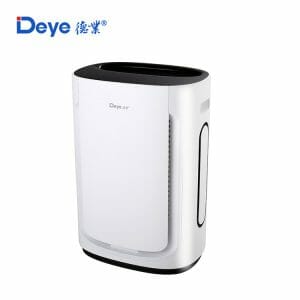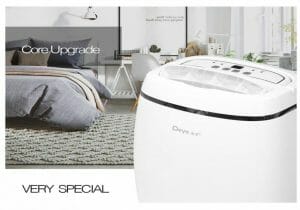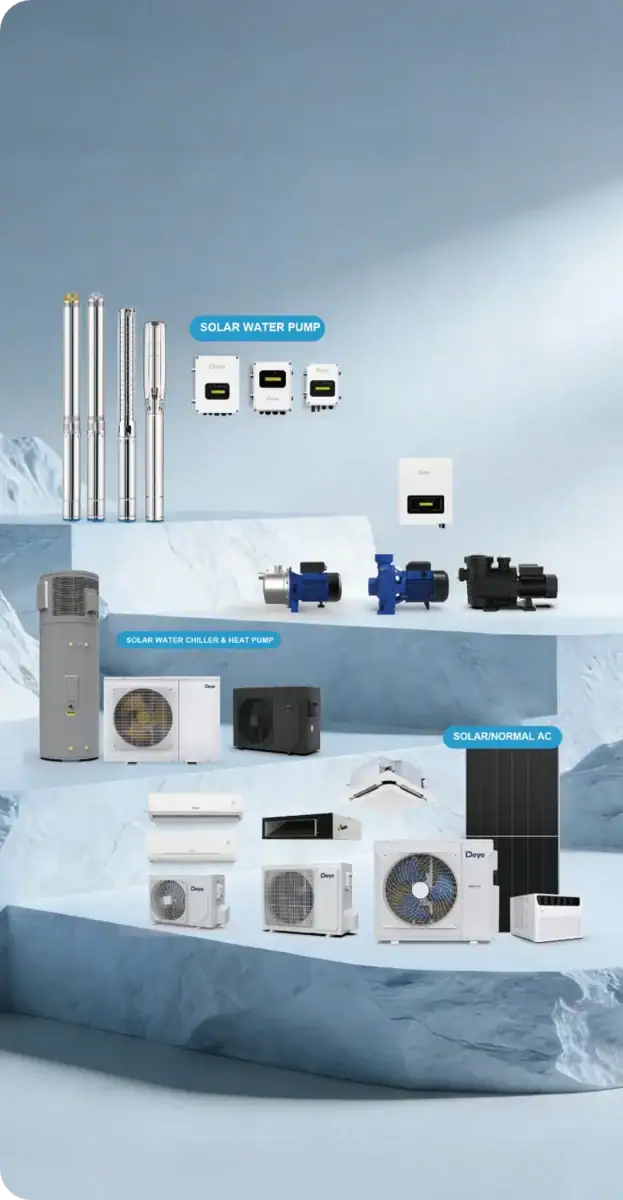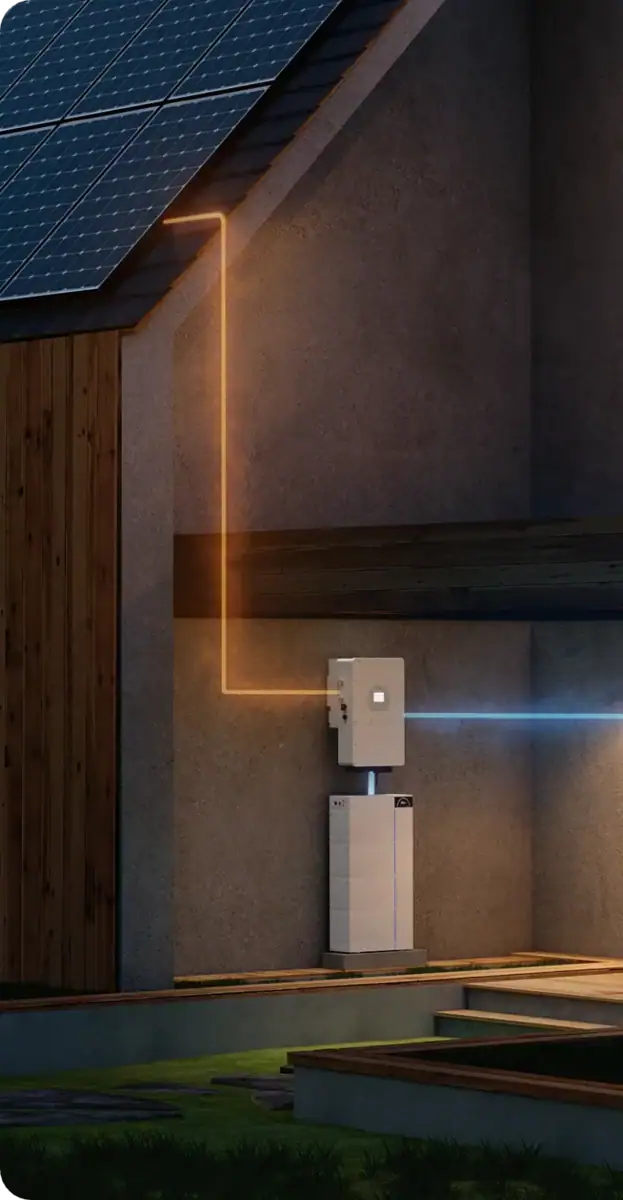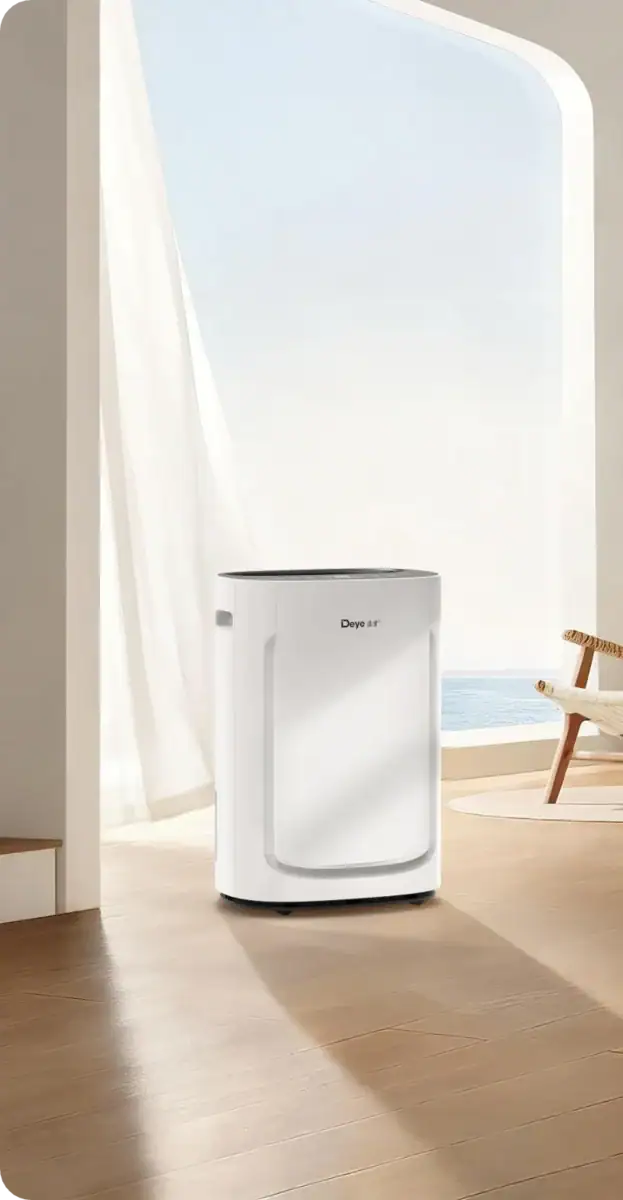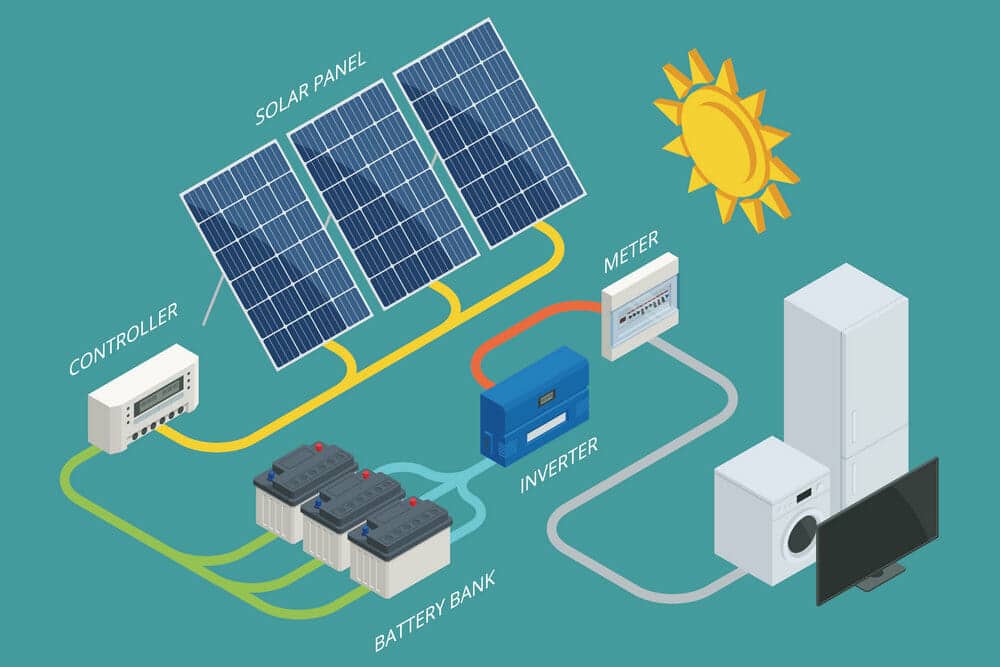
An inverter is a device that manages the energy flow between a home’s electrical system, a battery storage system and the electric grid. Essentially, this device converts electric direct current (DC) to alternating current (AC) used in home appliances.
It’s always best to pick a home inverter battery that can meet your home’s electricity needs, including dealing with power outages and other inconveniences.
This article explains how to choose an inverter battery.
Battery capacity
Your battery should have the right capacity to power your home and meet your energy needs adequately. That means assessing your energy needs, including your daily energy expenditure, would be wise to find the right battery capacity.
Below are ways to determine the correct battery capacity for your home inverter:
Determine your energy needs: You can use an energy monitor to track your energy usage and have a clear picture of your daily average energy expenditure. You can still look at your monthly energy bills to understand more about your monthly energy expenditure.
Determine the duration of the backup power you need: Power outages can last between several minutes and hours. Therefore, please determine how long you’ll need backup power when there’s a power cut to pick a fitting battery capacity.
Calculate the battery capacity you require: Knowing the right amount of battery power you need during power cuts or when you need it as a backup can be prudent.
For example, if your average daily power expenditure is 10 kWh and you need power backup for seven hours, you’ll need a battery with a capacity of 70kW, a product of the two..
It’s still highly recommended that you consult with a professional to learn more about the battery capacity that suits your home’s needs.
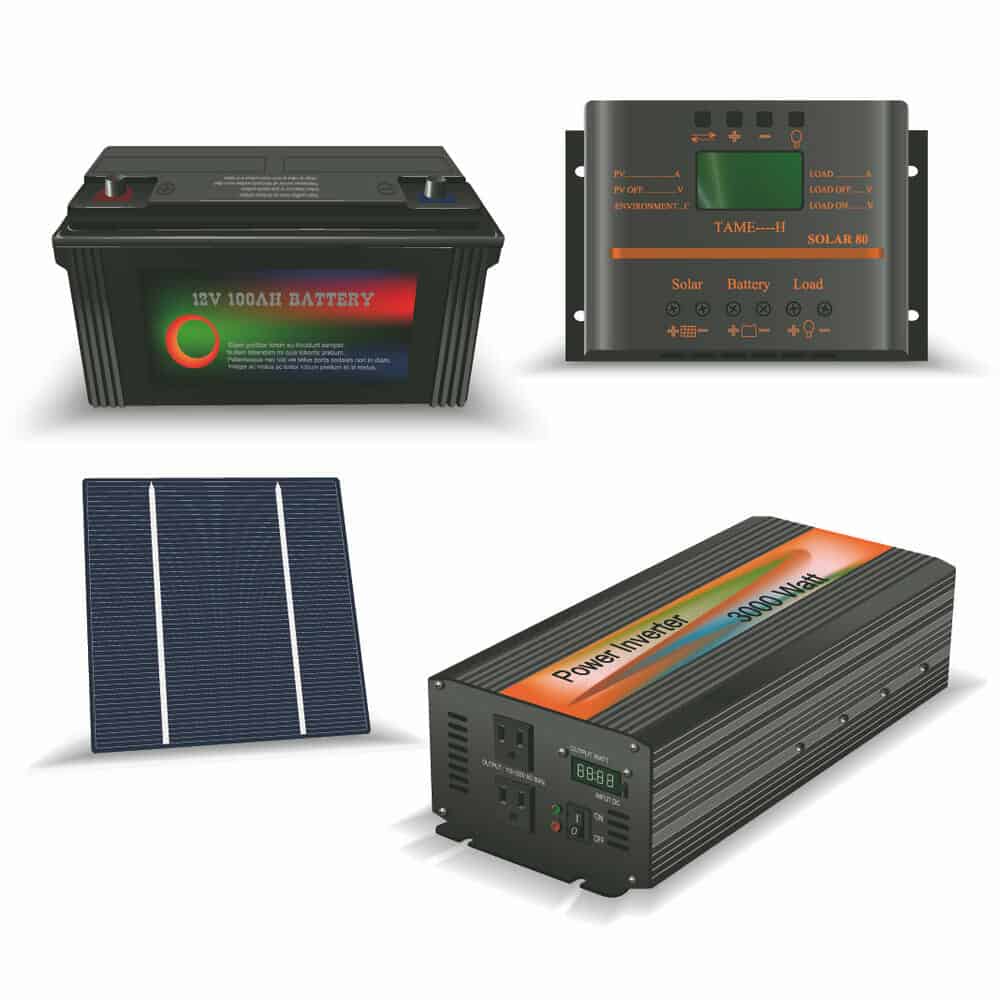
Home Inverter Battery type
It helps to buy the right battery for your home inverters. Choosing a fitting battery inverter ensures that your home inverter system performs optimally and reliably during power cuts.
The good thing is that there are many battery types to choose from for inverters, including the following:
- Lead-acid batteries: These batteries are typically sought-after for home inverter systems and have an excellent track record of high performance.
Nonetheless, they may not be a highly recommended option due to their high maintenance requirements and may need to be environmentally friendly due to acid leakage, lead pollution and are energy-intensive in their production. Moreover, these batteries may need to be more efficient on a daily basis despite performing convincingly.
- Lithium-ion batteries: Unlike lead-acid batteries, these batteries are environmentally friendly and more efficient. Moreover, they’re a bit cheaper than most other options and can offer you value for money.
Most people choose this battery because it has a longer lifespan and requires less maintenance, making them more practical.
- Lithium cadmium batteries: These batteries have a reputation for keeping homes lit with power, even in harsh temperatures. Although they aren’t common, they can fit in inverter systems due to their better efficiency and ability to store power.
- Flow batteries: These batteries are relatively new and use an electrolyte to store power. However, they can be a bit more expensive and not widely available, a reason most homeowners don’t prefer using them much.
- Hybrid batteries: Although rarely available, hybrid batteries can combine all the other types above for improved efficiency and functionality. However, your choice of using it will depend on your preferences.
It’s usually best to understand what works best for you before you spend on an inverter battery.
Generally, though, lithium-ion batteries can be ideal as they’re easy to find and recommended due to their recyclability and environmental friendliness.
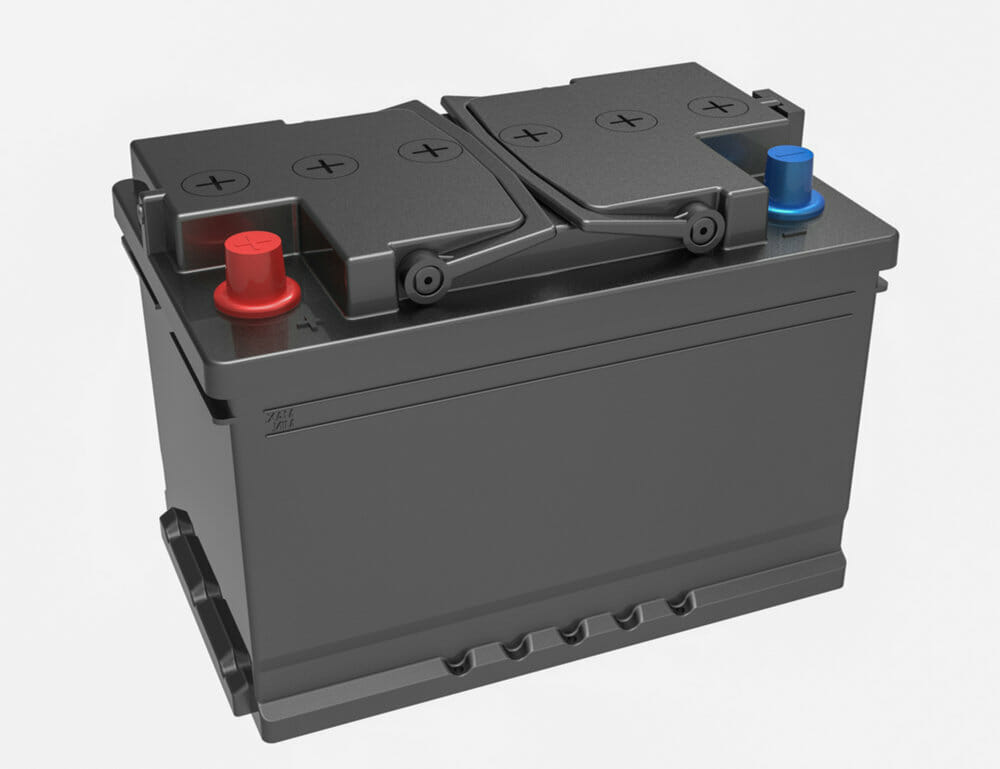
Price, Budget and Warranty
It’s highly recommended to always consider your working budget and whether or not it can fit the price of the battery, from purchase to installation. Remember, every battery comes with a specific power rating fit at a particular price.
Some inverter batteries can be relatively expensive but offer value for your money. Others are cheap but don’t provide as much value.
Lead-acid batteries, for example, can be affordable and high-performing. However, they may not be as well worth it as lithium-ion batteries due to their high maintenance costs which can get you to spend more.
Balancing between price and quality is always important, whether getting your appliance in India or other countries today.
You also shouldn’t assume the warranty as it can help you cover costs on damages that lie in your manufacturer’s fault. Remember, an inverter system is an investment worth protecting, and a warranty can offer that.
Please ensure that this warranty covers your battery and inverter before you purchase them.
If your battery and inverter end up damaged due to natural factors, including bad weather or installation faults, your warranty can come in handy to cover the costs.
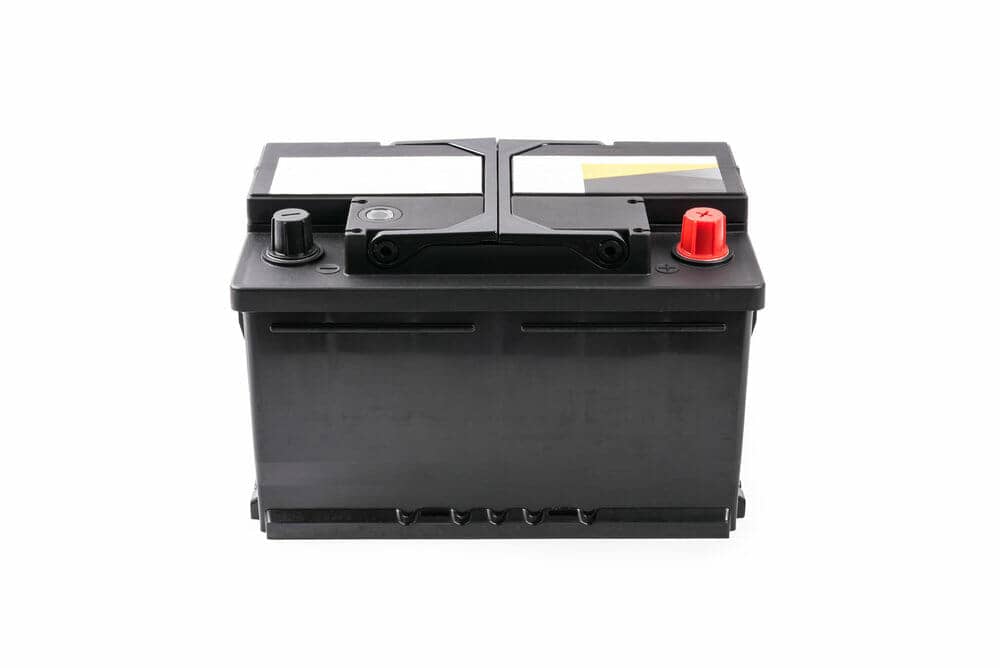
Brand
Most people would assume the importance of selecting a proficient battery brand, assuming they’re all similar. However, the numerous battery brands in India have quality variations that you should be keen on.
It’s easy to select a brand that produces less-performing batteries that may hardly offer value for your money. The good thing is that you can find a brand that offers batteries for your inverter system.
Before purchasing a battery for your inverter, it’s best that you ask around people who’ve engaged with the brand before. Moreover, you can still put in the hours by visiting your manufacturer’s official website to find out what people say.
This information can enable you to select the best brand that provides inverter batteries of admirable quality.
Conclusion
Choosing the best inverter battery may not be easy, but it’s possible. It’s important to first understand what to avoid before settling for the battery you want.
Ideally, solar inverter batteries come in various types, brands and retail at different prices.
Moreover, these batteries have different efficiencies and capacities to support your household inverter system and navigate power cuts.
It’s therefore prudent to spend hours doing your research to enable you to purchase an ideal battery for your inverter system. Doing that can help you get the most out of your inverter battery.

